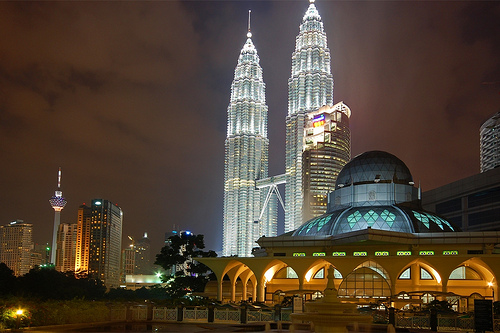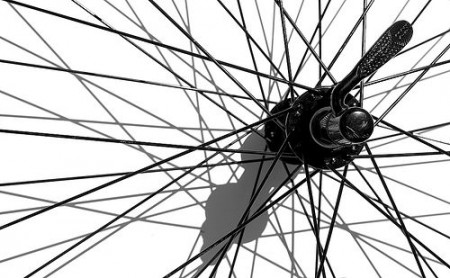
In a rather widely reported move, PAS, the conservative Islamic opposition party that rules several states in northern Malaysia, recently launched a publicly distributed ‘Islamic currency’ in Kelantan state. The gold and silver coins, worth $180 and $4 respectively, will be used in transactions by 1,000 outlets in the state and will become, so the eager authorities say, an optional means of payment for civil servant salaries and a currency for the payment of Islamic alms, or Zakat. The state government also announced that gold bars would be issued for bigger investments and that coins worth $630,000 had sold out on the first days of trading.
The CEO of Kelantan Golden Trade, the state company in charge of implementing the currency reform stated that: “The arrival of these coins mark the end of 100-year old Darurah [extreme necessity for a Muslim] of tolerating the injustice of paper money, from now on Darurah is over, at least for people in Kelantan.”
Never mind the practicalities of hauling around heavy pieces of gold and silver (a commentary in Malaysia’s most popular daily, The Star, suggested, rather facetiously, that people should start carrying around bags or pouches for the coins), the political implications, particularly the deafening silence on the part of the Malaysian federal government and the central bank, are striking.

